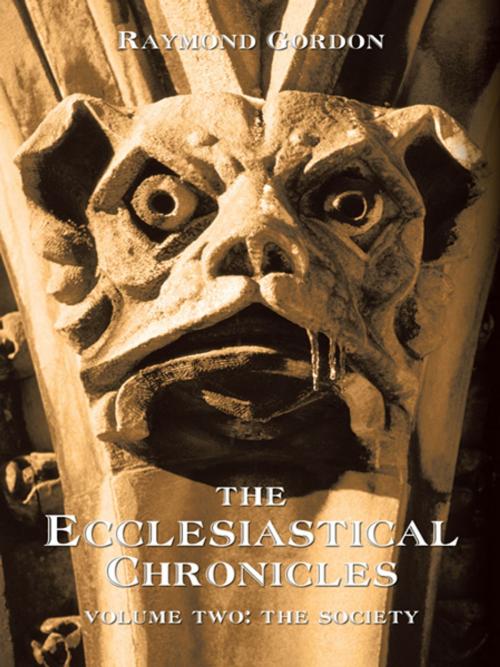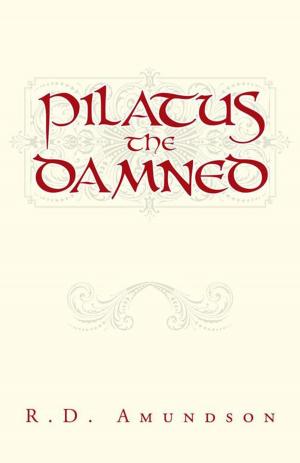The Ecclesiastical Chronicles, Volume Two
The Society
Fiction & Literature, Religious, Thrillers, Mystery & Suspense| Author: | Raymond Gordon | ISBN: | 9781462067268 |
| Publisher: | iUniverse | Publication: | November 23, 2011 |
| Imprint: | iUniverse | Language: | English |
| Author: | Raymond Gordon |
| ISBN: | 9781462067268 |
| Publisher: | iUniverse |
| Publication: | November 23, 2011 |
| Imprint: | iUniverse |
| Language: | English |
Continuing the epic story of the struggle between poor and rich as told in the first volume of The Ecclesiastical Chronicles, Raymond Gordons new novel, The Society, returns to the polished pews of St. Patricks Church in the village of Abersthwaithe on the small island of Ischalton. Following the scandalous inability of the Board of Advisers to the Vestry to honor their financial commitment to build a new, improved church in nearby Brewsters Village, the Bishop has made the group defunct. Even so, the members who formed the board, along with their newly recruited henchmen, continue their surreptitious plan to eradicate the stench of serfdom from St. Patricks Church. Personal conflicts, the quest for acceptance, concupiscence, the struggle for control, and civil war among the peasants once again cast their dark, sinister shadows over the church, thus proving that although pious humans may have a greater proclivity to moral rectitude, they nevertheless possess an innate and ironic propensity to degeneracy. The Ecclesiastical Chronicles offers a profound and sobering look at how hypocrisy and self-righteousness can destroy the foundation of Christs work, resulting in misery for all.
Continuing the epic story of the struggle between poor and rich as told in the first volume of The Ecclesiastical Chronicles, Raymond Gordons new novel, The Society, returns to the polished pews of St. Patricks Church in the village of Abersthwaithe on the small island of Ischalton. Following the scandalous inability of the Board of Advisers to the Vestry to honor their financial commitment to build a new, improved church in nearby Brewsters Village, the Bishop has made the group defunct. Even so, the members who formed the board, along with their newly recruited henchmen, continue their surreptitious plan to eradicate the stench of serfdom from St. Patricks Church. Personal conflicts, the quest for acceptance, concupiscence, the struggle for control, and civil war among the peasants once again cast their dark, sinister shadows over the church, thus proving that although pious humans may have a greater proclivity to moral rectitude, they nevertheless possess an innate and ironic propensity to degeneracy. The Ecclesiastical Chronicles offers a profound and sobering look at how hypocrisy and self-righteousness can destroy the foundation of Christs work, resulting in misery for all.















